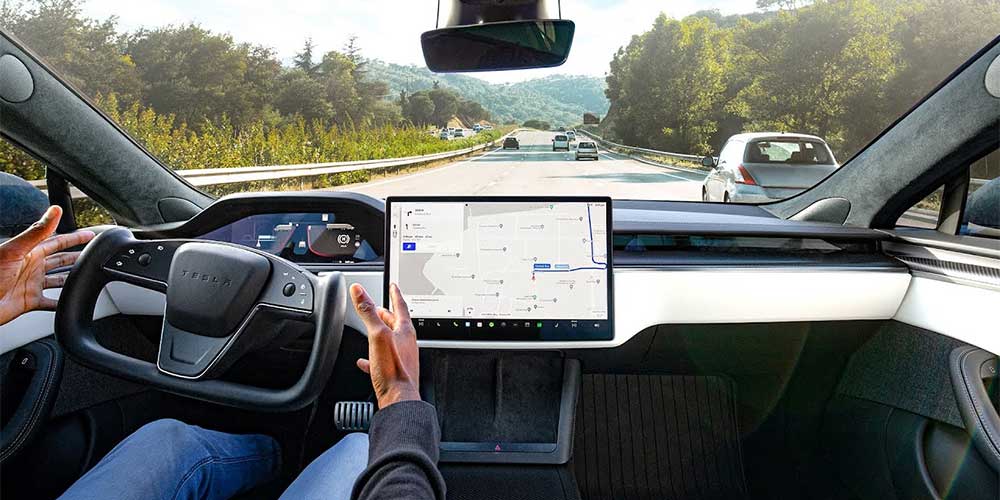In September 2025, a Miami jury delivered a groundbreaking verdict against Tesla, awarding $329 million in damages over a fatal Florida Keys crash. The case marks the first time a jury has found Tesla’s Autopilot system defective, setting the stage for future products liability lawsuits against the automaker.
The case stemmed from an April 2019 collision that killed 22-year-old pedestrian Naibel Benavides Leon and severely injured her boyfriend, Dillon Angulo. On the night of the crash, driver George Brian McGee was traveling on Card Sound Road in Key Largo with his Tesla Model S engaged in Autopilot.
Plaintiffs argued that Tesla’s system allowed Autopilot to be activated on unsafe roads, failed to adequately monitor driver attentiveness, and was dangerously oversold by CEO Elon Musk as being safer than it actually was.
Jurors ultimately placed 67% of the fault on McGee, who admitted he took his eyes off the road after dropping his phone, and 33% of the blame on Tesla. They awarded:
- $59 million to Benavides’ parents
- $70 million to Angulo
- $200 million in punitive damages
The compensatory damages were reduced to about $42.5 million to reflect Tesla’s share of fault.
This is the first third-party wrongful death case involving Tesla’s Autopilot to reach a jury verdict. Previous California cases in 2023 cleared Tesla of liability when the plaintiff was the driver of the Tesla vehicle. Unlike those, this trial involved pedestrians and highlighted how Tesla’s technology affects innocent third parties.
Legal experts say the verdict is a “bellwether” moment. Juries have now signaled that Tesla’s design choices, marketing, and failure to anticipate misuse can expose the company to significant liability. As one attorney observed:
“You know drivers are going to make mistakes. It’s Tesla’s responsibility to put safeguards in place.”
Tesla has vowed to challenge the verdict, calling the punitive damages unconstitutional and arguing Florida law sets a high bar for such awards. The company claims the crash was caused solely by driver distraction and that Autopilot was not the true culprit.
Nevertheless, the verdict is already sparking public debate over autonomous vehicle safety, as well as renewed calls for stronger federal and state regulation of self-driving technologies.
The Miami trial comes on the heels of other high-profile Tesla Autopilot cases:
- In April 2024, Tesla quietly settled with the family of Apple engineer Walter Huang, killed in a 2018 crash.
- In California, Tesla recently reached a confidential settlement with the family of 15-year-old Jovani Maldonado Garcia, who was killed in a 2019 Model 3 crash while the vehicle was allegedly operating on Autopilot.
In both instances, Tesla avoided jury verdicts by settling before trial. The Miami outcome suggests why: juries may be increasingly skeptical of Tesla’s representations about its self-driving technology.
What This Means for Victims and Families
This verdict is more than just a legal milestone. It is a reminder that product manufacturers must be held accountable when their designs create foreseeable dangers. While distracted driving remains a leading cause of crashes, companies like Tesla cannot escape responsibility when their self-driving car technology contributes to catastrophic harm.
At Anzalone & Doyle Trial Lawyers, we represent victims and families harmed by defective products, unsafe technologies, distracted driving and corporate negligence. If you or a loved one has been injured in a crash involving autonomous driving or other defective products, our experienced attorneys are here to help you understand your rights and pursue justice.
Contact us today for a free consultation.







